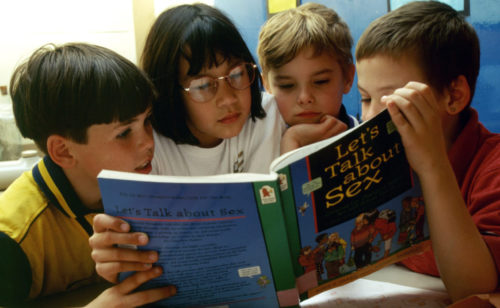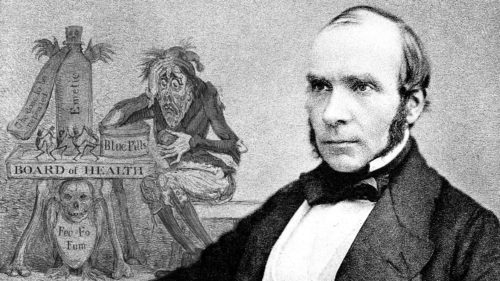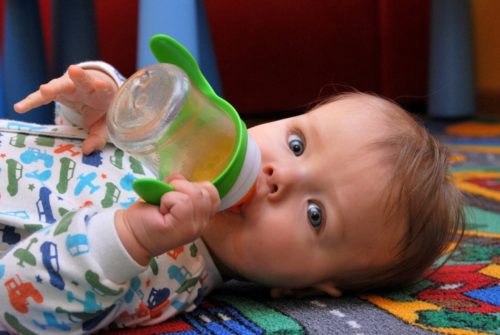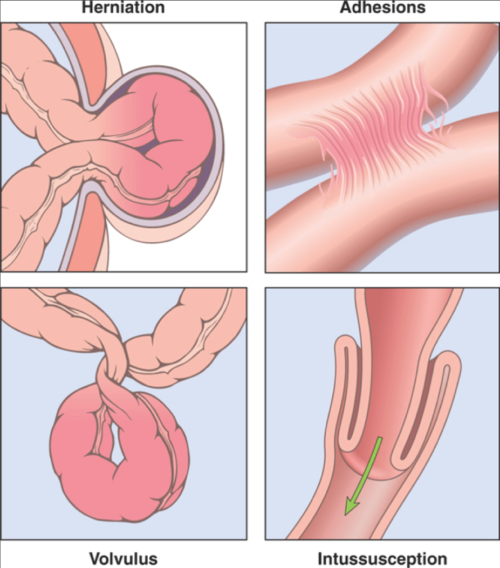It seems that talking about puberty and sex is one of most every doctor’s LEAST favorite tasks. I know that because some research projects have studied the subject in patients of all ages with diseases of all types and by doctors of all specialties.
Well, it shouldn’t really surprise any of you because it’s your least favorite talk with your kids too (assuming you’re a parent)—and they’re YOUR kids.
Read more →
Once upon a time doctors were almost thought of as wizards; not so much any more and it all has to do with the ability (and desire) to do a thorough physical exam.
No kiddin’. Before the invention of so much gadgetry physicians relied on their acute senses for ever-so subtle clues the body gives when it’s not running full on all cylinders but before a part gives out entirely.
Read more →
I live in no fear that telling you Dr. John Snow is one of history’s top 50 influential doctors will give even the slightest concern.
If it does, it means you really have no clue that he was the one who basically took Cholera off the front page of every newspaper and gave the world toilets, sewer systems and public works departments—world-wide.
Read more →
I learned the adage “if a little is good, a lot is better” just after sitting in my pharmacology class and seeing Dr. Goodman hold up a book entitled: “Two For A Horse, One For A Human.”
Most generation of parents eventually find something to get “wrong” (especially if you ask the children) but it seems the current generation of parents is getting picked on… a lot. The latest? Fruit Juice.
Read more →
High Expectations and Micromanaging
NOT how to raise an adult
The dean of freshmen at Stanford, Julie Lythcott-Haims, will tell you about her discoveries regarding helicopter parenting based on her experiences with students and her two teenage sons.
“By loading kids with high expectations and micromanaging their lives at every turn, parents aren’t actually helping,” she observes with passion and wry humor. She asks parents to “stop defining their children’s success via grades and test scores.” Instead, she says, “they should focus on providing the oldest idea of all: unconditional love.”
We called it “over-coercion” when I studied psychology in school–it’s the same thing with the same results no matter what you call it and when it occurs and often leaves a fledgling adult wondering “Will this life ever turn out to be worth it?”
It’s as if parents are just afraid they (the kids) won’t have a future they can brag about to their friends and put stickers on the car bumpers about. Sort of: “hey kid, I don’t think you can achieve any of this without me.”
From her talk:
When we treat grades and scores and accolades and awards as a purpose of childhood all in furtherance of some hoped for admissions to a tiny number of collages or an entrance to a small number of careers—and even though we might help them achieve some short term wins by over helping—all of this comes at a long term cost of sense of self.
We should be far more concerned that they have the mind-set, the skill-set, the “well”-ness [and I add the “will”-ness] to be successful wherever they go.
Our kids need us to be a little less obsessed with grades and scores and a whole lot more interested in childhood providing a foundation for their success—built on things like: love… and chores.
The longest longitudinal study of humans ever conducted (called the Harvard grant study) found that professional success in life (what we want) comes from having done chores as a kid – and the earlier you started the better. That a roll up your sleeves and pitch in mind-set—a mind set that there’s some unpleasant work, someone’s gotta do it, it might as well be me— a mindset that says I will contribute my effort to the betterment of the whole – is what gets you ahead in the work place.
Happiness in life comes from Love – not from love of work – love of humans. Childhood need to teach our kids love in all aspects. They need to matter to us as humans – not because of their GPAs –
“I was treating my little Saywer and Avery like little Bonsai trees. But I’ve come to realize, after working with 1000s of other peoples kids, that my kids aren’t Bonsai trees, they’re wildflowers—of an unknown genus and species and it’s my job to provide a nourishing environment to strengthen them through chores and to love them so that they can love back — and to support them to become their glorious selves.”
I read an article recently about the many medical breakthroughs the world would have missed if the detractors, naysayers and just plain and simple evil-intentioned haters had their way; and I decided to turn it into an article.
I’ve mentioned nine so far in the previous two parts including: Dr. Ignaz Semmelweis who was basically killed for suggesting his colleagues wash their hands; the vitriol made public by the new fangled internet against Dr. Prusiner over disease caused by proteins; and, the delay in cancer therapy caused by the “good ol’ boy’s.”
Read more→
There are four causes of bowel obstruction in children: Herniation, Adhesions, Volvulus and Intussusception. I’ll describe the four (shown in photo) but expand a bit on intussusception—which is the topic of this article.
A bowel obstruction, inability of food to pass completely through the intestinal system unimpeded, can occur at any age and there are many causes; but, time has shown us that we can narrow the most probable causes down a bit based upon age.
Read more →






